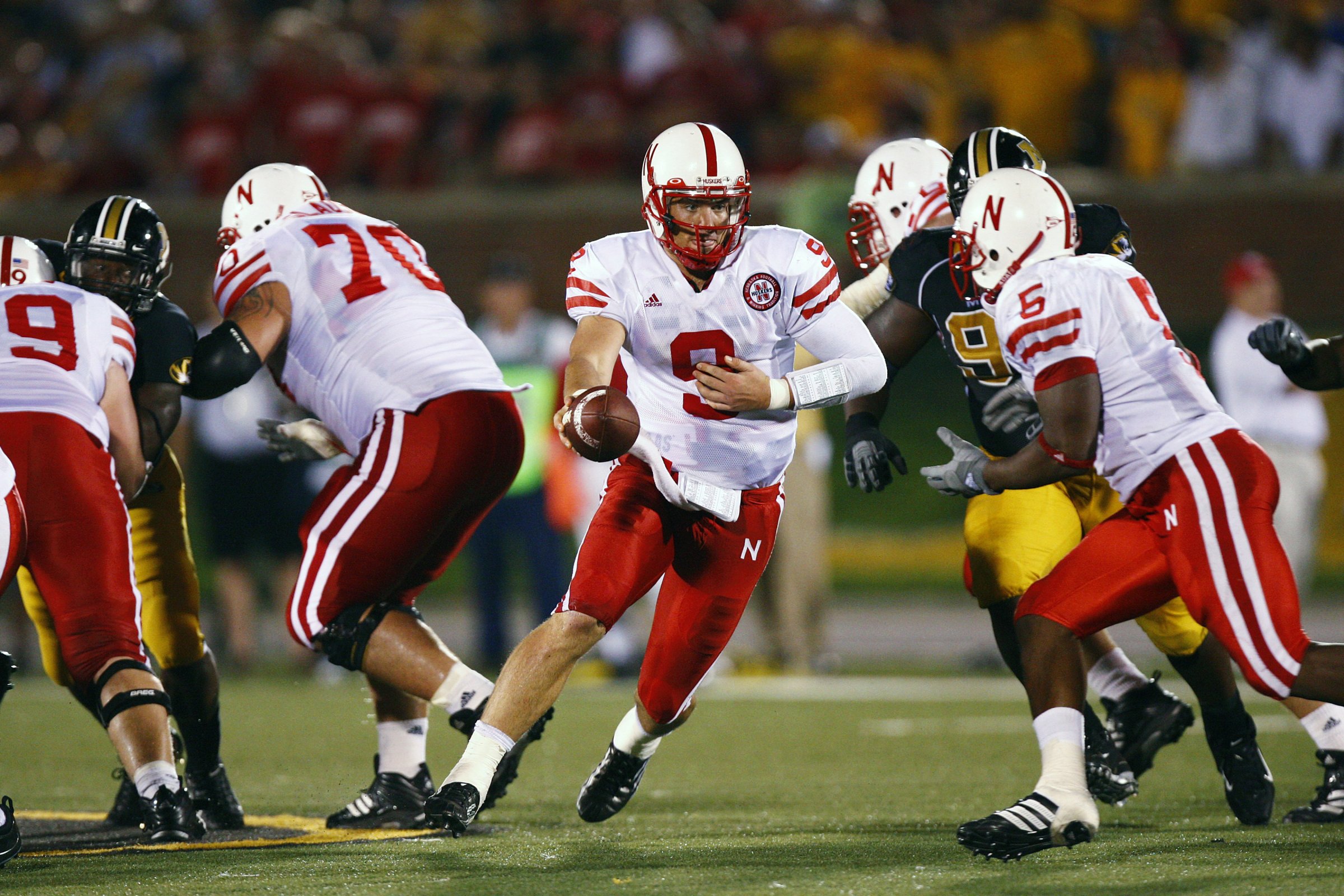
The NCAA said it reached a settlement Monday to pay $20 million to former and current student-athletes who claim the organization used the their names, images and likenesses in video games without permission or compensation.
This settlement adds to the $40 million settlement recently reached with Electronic Arts, which distributed the video games in question, and ends the case, which was originally filed by former Arizona State and University of Nebraska quarterback Sam Keller.
The case has drawn national attention for the potential precedent it could set. If approved by the judge, the settlement would mark the first time the NCAA is paying student-athletes for rights related to their play.
“We’ve long held through our various cases against the NCAA that the student-athlete is treated poorly in everything from scholarships to safety. This settlement is a step toward equity and fairness for them,” said Steve Berman, a lawyer for the plaintiffs.
The NCAA has had rules in place that prevent athletes from receiving compensation other than their scholarships. The NCAA says it does not consider the settlement “pay for performance” and does not plan to change its rules. But debate over whether athletes should share in the returns of lucrative college sports has been pitched in recent years.
In this case, Keller and other student-athletes were included in EA’s NCAA Football, Basketball and March Madness video game series. The players claimed the NCAA and EA conspired to permit the use of NCAA players for their own monetary gain without compensating the players. In contrast, EA paid professional NFL players almost $35 million each year for the use of names and likenesses in NFL games.
“Anyone—even a student-athlete playing under scholarship—should not be exploited for profit, especially by the organization that vowed to prevent the athlete from exploitation,” Berman said.
The student-athletes who will now receive compensation include certain Division I men’s basketball and football players from the years the games were sold, according to the NCAA. The NCAA will issue a “blanket eligibility waiver” for any student-athletes currently enrolled who receive funds from the settlement so the players will not be in violation of NCAA rules prohibiting further compensation.
“The collegiate model of sports provides hundreds of thousands of student-athletes with unmatched opportunities for education, growth, mentoring, and future success,” said Donald Remy, an NCAA lawyer.
This settlement comes as another high-profile case—known as the Ed O’Bannon lawsuit—is beginning its trial. That class-action suit seeks to stop the NCAA from having rules preventing student-athletes from being compensated for use of their names, images and likenesses in video games or broadcasts. While the NCAA continues to fight the O’Bannon lawsuit, it expects the Keller settlements to be approved by the court before March 2015, when the case was originally scheduled for trial.
More Must-Reads from TIME
- Donald Trump Is TIME's 2024 Person of the Year
- Why We Chose Trump as Person of the Year
- Is Intermittent Fasting Good or Bad for You?
- The 100 Must-Read Books of 2024
- The 20 Best Christmas TV Episodes
- Column: If Optimism Feels Ridiculous Now, Try Hope
- The Future of Climate Action Is Trade Policy
- Merle Bombardieri Is Helping People Make the Baby Decision
Contact us at letters@time.com